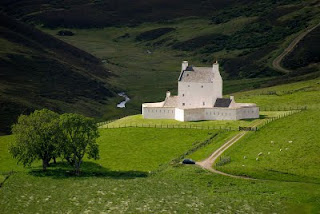Come to Richmond Saturday, October 29, 2011 for the
US National Scottish Harp Championship
The Scottish Harp Society of America’s US National Scottish Harp Championship will be hosted at The Meadow Highland Games outside Richmond, Virginia and is open to all SHSA members. This year’s judges are the renowned Ann Heymann and Sharon Knowles. Rules and categories are available on www.shsa.org. For more information on the 2011 Championship, visit http://www.meadowceltic.com/.
The day’s Official Schedule of Competition –
9:30 am Onsite Registration/Sign-in
10 am SHSA Nationals Competition begins
Noon Lunch break
1 pm SHSA Nationals Competition continues
If time allows, after the competition there will be Open Mic/Judges performances.
Special thanks to the Title Sponsor of the National Scottish Harp Championship of America – Clan Currie Society. The Clan has generously agreed to sponsor the National competition through 2014. It is especially rewarding to be supported by a clan with such an ancient and distinguished history of Gaelic poets and musicians.
Robert Currie, president of the Clan Currie Society, described this as partnership as a perfect fit, saying “The founders of our Clan were the celebrated MacMhuirich bards of Medieval Scotland and the instrument of the Bard was the clarsach.” The MacMhuirichs served for over 700 years as professional poets to the Lords of the Isles and later to the MacDonalds of Clanranald among other prominent Highland clans and families.
Over the past several years Clan Currie has sharpened its focus on the arts and not only sponsors our competition, but also has established an annual harp scholarship at the Royal Conservatoire of Scotland in Glasgow, Scotland. To learn more about Clan Currie, go to: http://www.clancurrie.com/
Be sure to thank competition organizer Jo Morrison and welcome the 2012 organizer Denis Sadat while you are registering, volunteering or audiencing!



